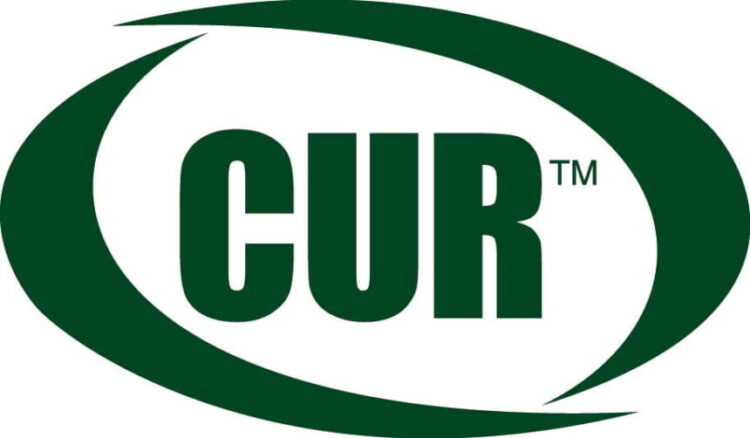Resources for Faculty
Undergraduate Research Resources for Faculty
Guidance on Orienting Students to Projects
Onboarding an undergraduate student to a research or creative project can be challenging, but taking the time to provide your students with a clear, thoughtful, and thorough orientation is essential for providing the structure and boundaries that will make the experience worthwhile for both you and your students. Your orientation should include the following information:
- a clear explanation of the project, both in terms of the specific goals of the project and how it fits within the broader context of the discipline,
- a detailed outline of your expectations of students, including time commitment, communication policies, and a project timeline, and
- an overview of the skills and knowledge that students will develop while working on the project and how they will acquire and develop those skills.
Goals and Expectations Discussion Questions
Engaging students in discussion about the structure of URCA projects is essential for developing a strong foundation in the mentoring relationship. These ten questions can guide faculty planning as well as facilitate meaningful discussion between faculty and students.
- What is the project you are working on?
- Why is the project important? Who will benefit from it? How does it fit into the broader context of the discipline?
- Why are you, the faculty mentor, working on this project?
- What are the main goals of this work?
- What are the outcomes you plan to achieve this year? Outcomes should be specific and measurable. Think of this as a more focused goals list.
- What are your expectations of your students? Think of this like a job description that includes clear expectations for time commitments for synchronous, in-person research time with you and for any work that is expected outside of those meeting times.
- What should your students expect from you? Outline how you generally mentor and work with students on their projects (e.g. structure of time together, communication preferences)
- What skills and/or new knowledge will your students need to complete this work?
- What will a typical week look like for students working on this project?
- What will the main project milestones be and how will you celebrate them? This can be a great time to talk about benchmarks that could lead to conference presentations.
Undergraduate research and creative activities at Mercer University are coordinated by Assistant Provost for Research Dr. Garland Crawford. For more information, contact Dr. Crawford at crawford_gl@mercer.edu.
